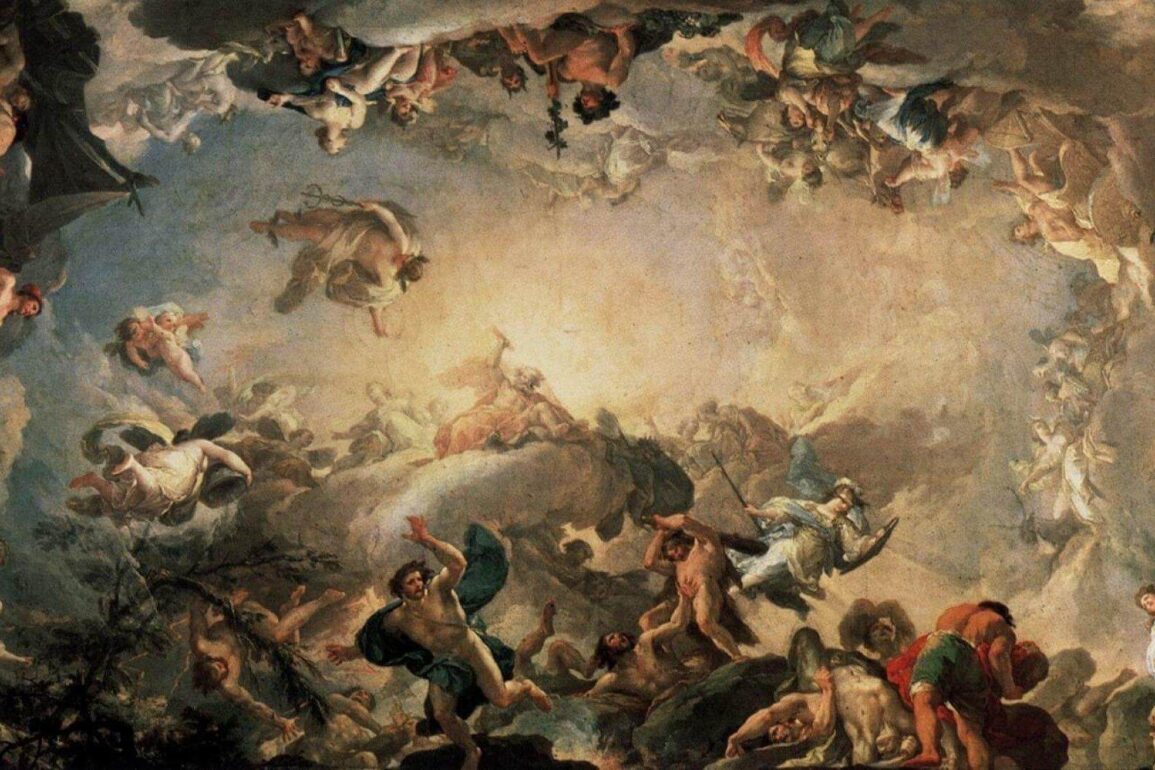Greek mythology is a treasure trove of captivating tales, enchanting gods, and legendary heroes that have fascinated people for centuries. The ancient Greeks believed in a pantheon of gods and goddesses who ruled over various aspects of the world and influenced human lives. In this comprehensive guide, we delve into the world of Greek mythology, providing an in-depth overview of the gods and goddesses that populate this rich tapestry of lore and legend.
Understanding Greek Mythology
Greek mythology is a collection of myths and stories passed down through generations in ancient Greece. These myths were used to explain natural phenomena, explore human emotions and behaviors, and depict the relationships between gods and mortals.
- Zeus, the King of the Gods:
Zeus, also known as Jupiter in Roman mythology, is the king of the gods and the ruler of Mount Olympus. He is associated with thunder, lightning, and the heavens. Zeus is depicted as a powerful and authoritative figure, often portrayed with a lightning bolt in hand. He plays a central role in Greek mythology, presiding over the other gods and overseeing mortal affairs. - Hera, the Queen of the Gods:
Hera, the wife of Zeus, is the queen of the gods and the goddess of marriage and childbirth. She is often depicted as a regal figure, symbolizing femininity and matrimony. Hera is known for her jealous and vengeful nature, particularly when it comes to Zeus’ infidelities. - Poseidon, the God of the Sea:
Poseidon, also known as Neptune in Roman mythology, is the god of the sea and earthquakes. He is often depicted with a trident, a three-pronged spear, which he uses to control the seas. Poseidon is a powerful deity who can bring storms and calm the waters, and he is associated with the vast expanse of the ocean. - Athena, the Goddess of Wisdom and Warfare:
Athena, also known as Minerva in Roman mythology, is the goddess of wisdom, courage, and strategic warfare. She is often depicted as a wise and strategic figure, wearing a helmet and carrying a shield. Athena is revered for her intelligence, artistic skills, and strategic prowess. - Apollo, the God of Light and Music:
Apollo is the god of light, music, and healing. He is associated with the sun and often depicted as a handsome and youthful figure. Apollo is also the patron of the arts, inspiring poets, musicians, and artists. He is often portrayed with a lyre, a musical instrument, in his hands. - Artemis, the Goddess of the Hunt:
Artemis, also known as Diana in Roman mythology, is the goddess of the hunt, the wilderness, and the moon. She is a skilled archer and is often depicted with a bow and arrows. Artemis is associated with the protection of young children, animals, and the natural world. - Aphrodite, the Goddess of Love and Beauty:
Aphrodite, known as Venus in Roman mythology, is the goddess of love, beauty, and desire. She is often depicted as a seductive and enchanting figure, symbolizing the power of attraction and passion. Aphrodite is associated with romantic love, fertility, and the celebration of physical beauty. - Hermes, the Messenger of the Gods:
Hermes, also known as Mercury in Roman mythology, is the messenger of the gods and the god of travel, commerce, and communication. He is depicted as a youthful figure with winged sandals and a caduceus, a staff with intertwined snakes. Hermes is known for his speed and agility, delivering messages between the gods and mortals - Hades, the God of the Underworld:
Hades, also known as Pluto in Roman mythology, is the god of the underworld and the ruler of the dead. He presides over the realm of the dead, where souls go after death. Hades is often depicted as a somber figure, associated with wealth hidden beneath the earth and the cycle of life and death. - Demeter, the Goddess of Agriculture:
Demeter, known as Ceres in Roman mythology, is the goddess of agriculture, fertility, and the harvest. She is associated with the growth of crops and the abundance of the earth. Demeter is often depicted as a nurturing and motherly figure, symbolizing the importance of agriculture and the seasons.
Greek mythology is a treasure trove of gods and goddesses, each with their unique traits, powers, and stories. From Zeus, the king of the gods, to Athena, the goddess of wisdom and warfare, these mythical figures continue to captivate and inspire us. Exploring Greek mythology not only provides us with thrilling tales of heroism, love, and tragedy, but also offers insights into the ancient Greek civilization and their beliefs. So, dive into the enchanting world of Greek mythology and immerse yourself in the captivating stories of gods and goddesses that have left an indelible mark on our cultural heritage.

